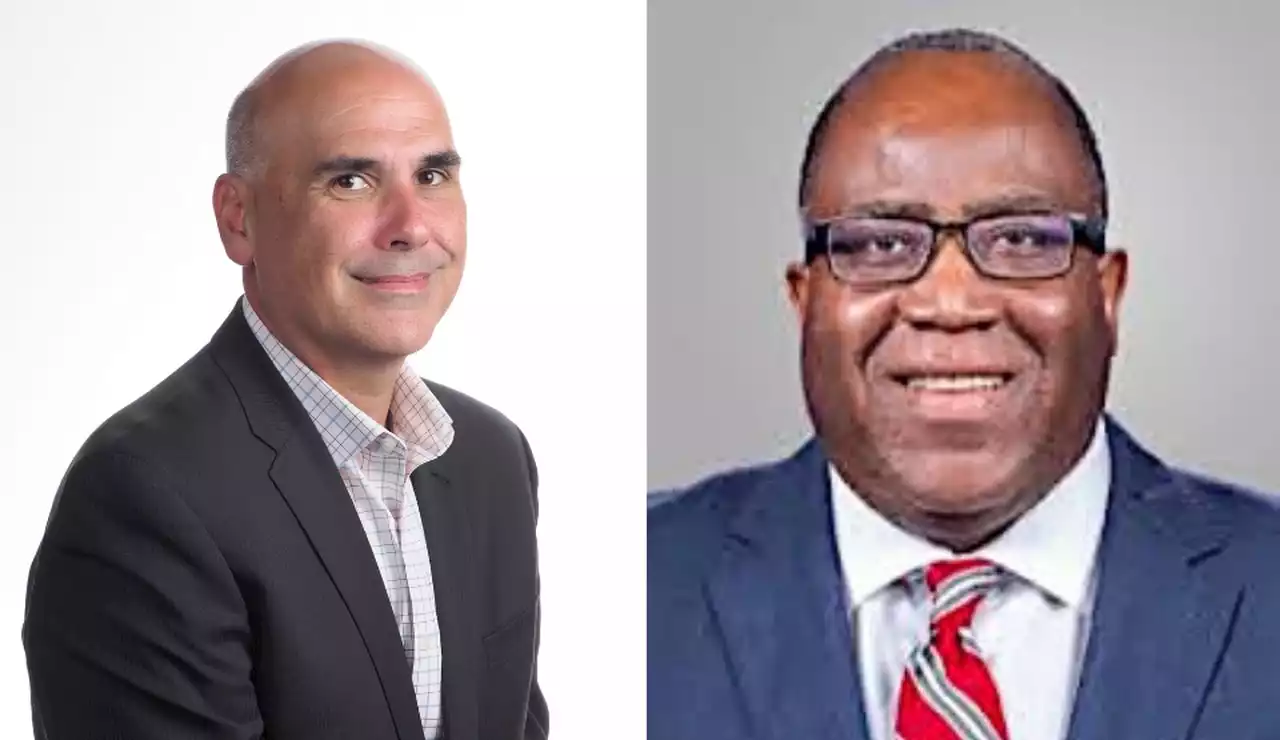With youth unemployment at record highs, growth near historic lows, a property crisis and eye-watering debt levels, Xi Jinping faces once-in-a-generation economic challenges and decisions as he prepares to extend his tenure as China's leader
Soon after launching in 2019, his company began selling directly to developers who decked out their units with furniture, a marketing trick that sold flats like hotcakes.
With youth unemployment at record highs, growth near historic lows, a property crisis and eye-watering debt levels, Xi also needs to rethink the economic model that underpinned its impressive expansion over the past four decades but is now unsustainable. Michael Pettis, professor of finance at Peking University in Beijing, said while many economies have followed an investment-driven development model, China's reliance on it was extreme.
China's blistering pace of domestic investment has built the world's largest network of high-speed railways, most of the world's 10 longest bridges, the world's busiest ports but also, by some estimates, enough empty buildings to house the entire population of France. China in recent months has already cut interest rates, approved infrastructure projects and given banks new quotas to fund them. To prop up the distressed property sector, many cities have reduced downpayments andThe National Development and Reform Commission, China's macroeconomic management agency, did not respond to requests for comment.Decades of state ownership and central planning under Mao Zedong left China rural and impoverished, with only basic manufacturing and dire infrastructure.
Policy focused predominantly on supply, not demand. The government spent money on roads, railways and airports, while banks lent more to strategic, state-dominated industries than to consumers.
United States Latest News, United States Headlines
Similar News:You can also read news stories similar to this one that we have collected from other news sources.
 Government Officials and Their Stocks - The Journal. - WSJ PodcastsHidden records show that thousands of senior executive branch employees owned stocks in companies whose fates were affected by their employers’ actions. WSJ’s Brody Mullins and Rebecca Ballhaus take us inside the nearly year-long Wall Street Journal investigation. Further Reading: - Government Officials Invest in Companies Their Agencies Oversee - 131 Federal Judges Broke the Law by Hearing Cases Where They Had a Financial Interest - Congressional Staffers Gain From Trading in Stocks Further Listening: - The Federal Law that 138 Judges have broken
Government Officials and Their Stocks - The Journal. - WSJ PodcastsHidden records show that thousands of senior executive branch employees owned stocks in companies whose fates were affected by their employers’ actions. WSJ’s Brody Mullins and Rebecca Ballhaus take us inside the nearly year-long Wall Street Journal investigation. Further Reading: - Government Officials Invest in Companies Their Agencies Oversee - 131 Federal Judges Broke the Law by Hearing Cases Where They Had a Financial Interest - Congressional Staffers Gain From Trading in Stocks Further Listening: - The Federal Law that 138 Judges have broken
Read more »
 Ding Xuexiang: from Shanghai party cadre to Xi gatekeeperWhen Xi Jinping left China for the first time in more than two years to visit Central Asia last month, his entourage included a familiar face from domestic trips.
Ding Xuexiang: from Shanghai party cadre to Xi gatekeeperWhen Xi Jinping left China for the first time in more than two years to visit Central Asia last month, his entourage included a familiar face from domestic trips.
Read more »
 BMI Moves to For-Profit Business Model, Eyeing Growth and New InitiativesAfter more than 80 years operating, in effect, as a not-for-profit organization, BMI has decided to transform itself into a for-profit commercial enterprise.
BMI Moves to For-Profit Business Model, Eyeing Growth and New InitiativesAfter more than 80 years operating, in effect, as a not-for-profit organization, BMI has decided to transform itself into a for-profit commercial enterprise.
Read more »
 NJ Advance Media names 2 veteran journalists as new General Manager, VP ContentThe moves represent a significant investment in the journalistic ambitions and growth of the company
NJ Advance Media names 2 veteran journalists as new General Manager, VP ContentThe moves represent a significant investment in the journalistic ambitions and growth of the company
Read more »
